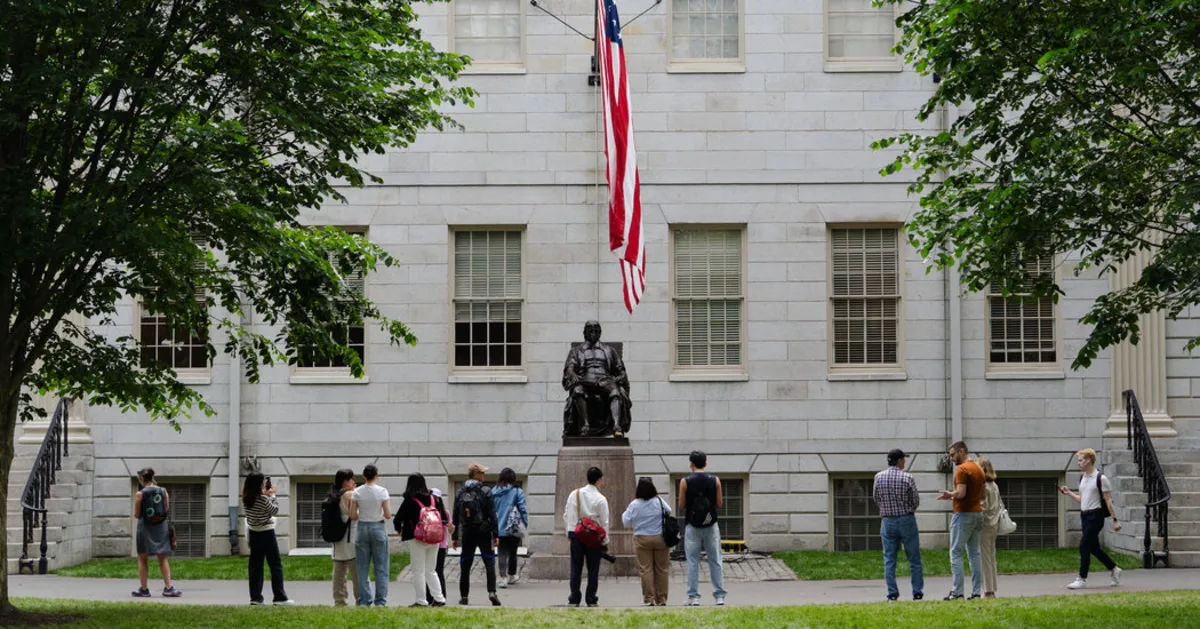
Following the recent announcement of a travel ban affecting seven African nations, including Equatorial Guinea, anger and confusion have permeated communities across the continent. Many are left questioning the implications of the ban, which goes into effect on Monday, and what actions their governments can take to have the restrictions lifted. Particularly concerning is the fear of potential family separations and the opaque criteria by which countries were selected for the ban.
Narciso Edjang, a 19-year-old medical student from the capital city of Equatorial Guinea, expressed his frustrations. “I think it’s a discriminatory decision, a decision he’s taken out of racism,” he said, referring to President Trump’s proclamation. The travel ban not only affects Equatorial Guinea but also targets Chad, the Republic of Congo, Eritrea, Libya, Somalia, and Sudan.
Edjang had aspirations of studying medicine in the United States, a country he believes offers superior training compared to his own. Unfortunately, the travel ban has dampened those hopes significantly. The already challenging process for Africans to secure U.S. visas has become even more daunting, as many applications are routinely denied, and associated costs can be prohibitively high.
During Trump's first travel ban in 2017, which primarily targeted Muslim-majority countries, many individuals faced prolonged uncertainty as legal challenges unfolded. Juan Pedro, a teacher in Malabo, voiced his concern, stating, “This is a worrying decision for us Equatoguineans because we know that when we travel, we always try to respect the rules.”
The anxiety surrounding the travel ban extends beyond the countries specifically named. Isaac Antwi, a scientist from Ghana who studied in the United States, shared his fears on LinkedIn, noting, “Regardless of whether I have been a law-abiding resident in the USA, I may be asked to leave or prevented from re-entry into the country.”
Furthermore, the ban's unexpected inclusion of Sierra Leone shocked many residents. Joseph Bockarie, a metalworker in Freetown, is now uncertain about attending his visa appointment next week due to fears of rejection. “I am afraid to be rejected,” he lamented. “I can’t imagine that trauma.”
The travel ban has prompted responses from various African governments, as the African Union urged the Trump administration to adopt a more consultative approach. The relationship between the United States and African nations, which has been carefully nurtured over decades, is now under strain due to Trump's policies.
Chad’s president, Mahamat Idriss Déby, responded by instructing his government to suspend visas for Americans, citing national dignity and pride. Meanwhile, David Gilmour, the U.S. ambassador to Equatorial Guinea, highlighted the visa overstay issue, suggesting that some Equatoguineans have contributed to the travel restrictions facing their fellow citizens.
Despite the challenges posed by the travel ban, some individuals view it as an opportunity for African governments to improve conditions at home. Mohamed Kamara, a deliveryman in Sierra Leone, emphasized the need for job creation, stating, “If there are job opportunities, there is no need to travel to hustle.”
The ongoing situation underscores the complexities and challenges faced by African nations as they navigate their relationship with the United States amid a backdrop of political strife and public outcry. As the travel ban's effects unfold, the hope remains that African governments will rise to the occasion, advocating for their citizens and striving to improve local opportunities.